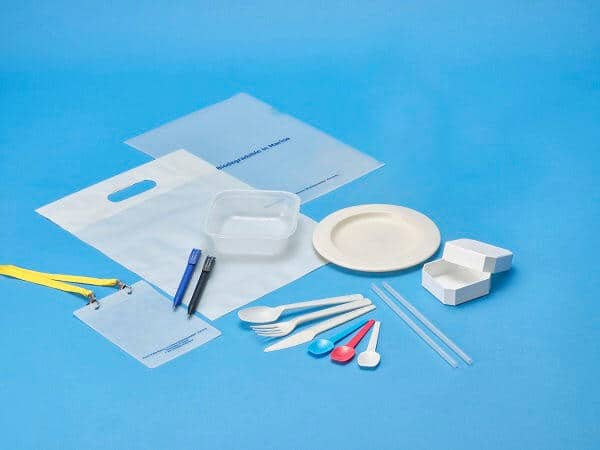Kaneka Corp. plans to add a 15,000-tonnes/year production facility got its Green Planet bio-based biodegradable polymer PHBH, a type of polyhydroxyalkanoate copolymerized from 3-hydroxyhexanoate with 3-hydroxybutyrate. Currently, Kaneka makes Green Planet resin at a 5,000-tonnes/year polymerization plant in Takasago, Japan. The new 15,000-tonnes/year lines is slated for commercial operation in January 2024.
PHBH is produced via a microorganism fermentation process in which plant oils are used as primary raw materials. The resin eventually decomposes into CO2 and H2O through the digestive process of microorganisms existing in the environment. Kaneka has achieved excellent biodegradability not only in soil, but also in seawater (marine biodegradable) and freshwater. PHBH is also anaerobically digestible.
The ratio of each monomer in the polymerization process can be varied to tailor grades for different applications. Green Planet is already being used for straws, cutlery, coffee capsules, bags, and films.
Under a strategy of “local production for local consumption”, Kaneka plans to further increase its production capacity in Europe and North America, where demand is also rising. Kaneka believes Green Planet resin has potential of the order of hundreds of thousands of tonnes annually and will be one of the core products in Kaneka’s business portfolio.
Packaging 360 is a comprehensive knowledge sharing ecosystem for the Indian packaging industry. Our services include an online content platform to deliver news, insights and case studies; organising conferences seminars and customised training; Providing Bespoke Project Consulting, Market Research and Intelligence.







